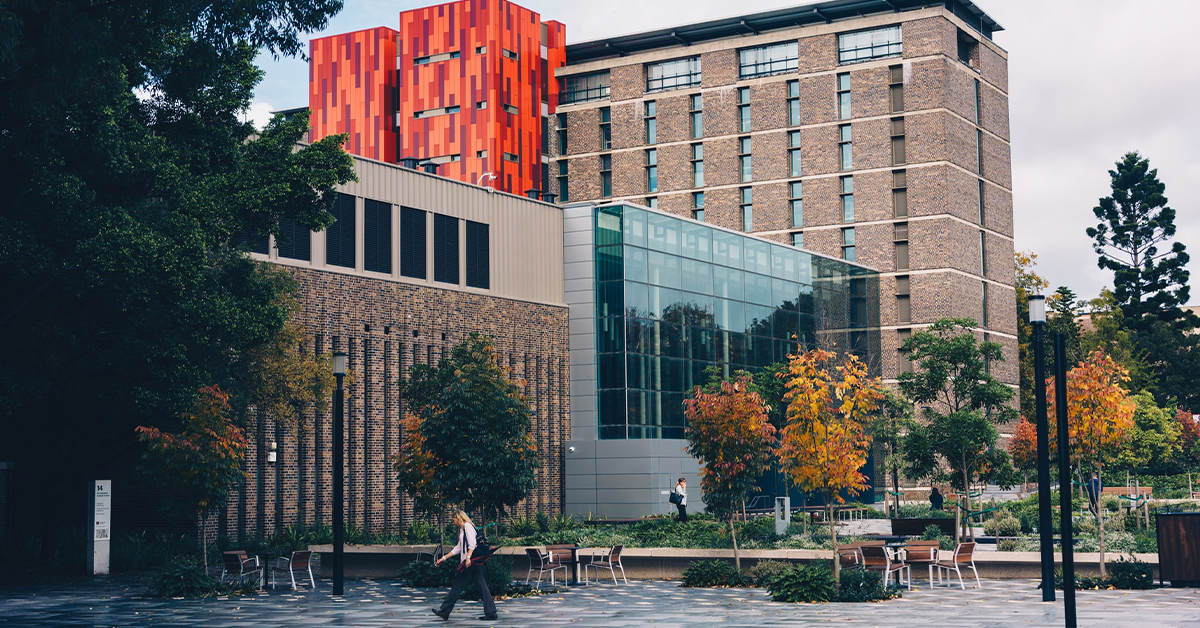Australia has a critical shortage of teachers.
And nurses. And engineers. And it’s serious.
New South Wales alone will be short-staffed by a shocking 1,700 teachers by 2025. According to research by Health Workforce Australia, that shortfall skyrockets 100,000 nurses in the same time period.
And, exacerbated by the COVID-19 pandemic, engineering job vacancies have gone up 97% in the past year.
That’s a lotta classrooms without teachers.
A lotta hospital beds unattended.
A lotta major infrastructure projects hanging in the balance.
In an attempt to address some of the most important and rapidly growing skills needs over the coming years, the former Coalition federal government overhauled the commonwealth’s university funding.
Teaching, nursing and engineering became more affordable, as did maths and foreign languages. Meanwhile, course fees for arts and humanities programs more than doubled in an effort to lure school leavers into in-demand careers.
Here’s where it gets interesting.
Instead of seeing an uptick in enrolments for ‘in-demand’ degrees, year 12 applications for humanities degrees in New South Wales actually increased last year by 9%.
And demand for Bachelor of Arts degrees – the state’s most popular humanities degree – increased by 28%.
In this economy?!
Here’s the thing, according to our After the ATAR lll report when it comes to gathering information to make a decision about their future career, the majority of Gen Zs (84%) want to know that their career will match their passions. It’s the number one most important thing.
On the flip side, 65% want to know how much money they could make. And apparently, early indications suggest the cost of getting there – fees – is also less important.
Australia National University higher education policy professor Andrew Norton said program fees have so little impact on Gen Zs when choosing their post-school pathway that the Job Ready Graduates is an “unnecessary policy” that puts additional financial burdens on Gen Zs.
“Why would you do something that doesn’t interest you just to have $10,000 to $30,000 [debt] over a lifetime?” he said.
“Even though it hasn’t changed the choices of prospective students it does mean they’ll have many extra years of HELP repayments.”
Good point.
Perhaps instead of financially penalising Gen Zs for their passions with increased HELP debts, we could be addressing the critical skills shortage at its source – pay, conditions, awareness and the image problem these in-demand careers variously have.






